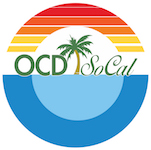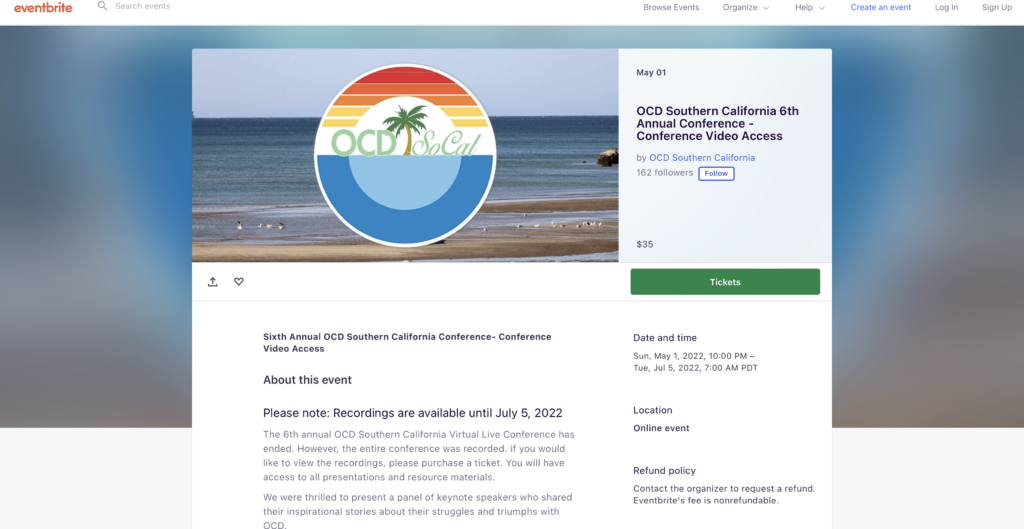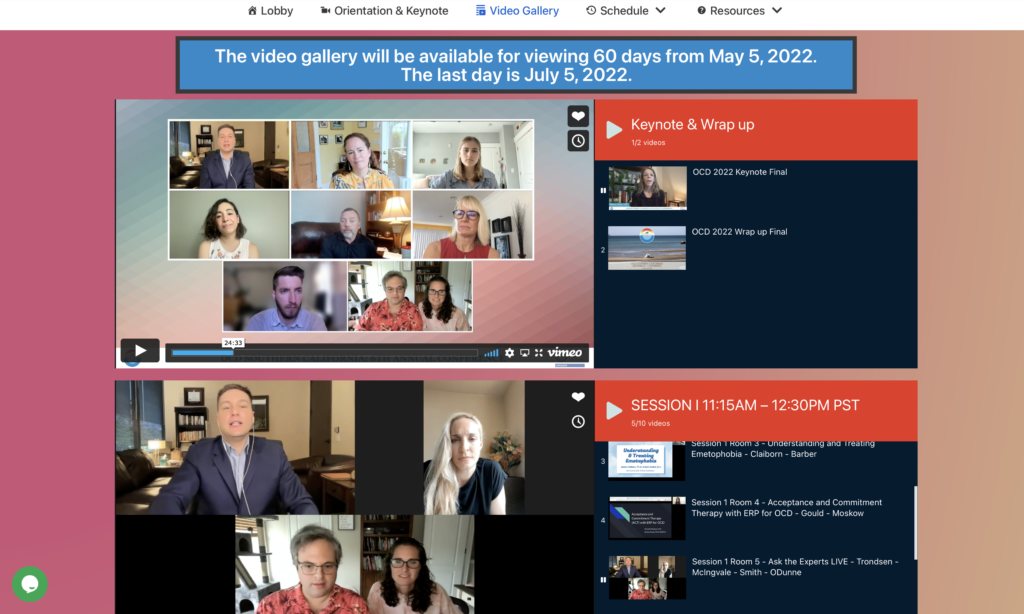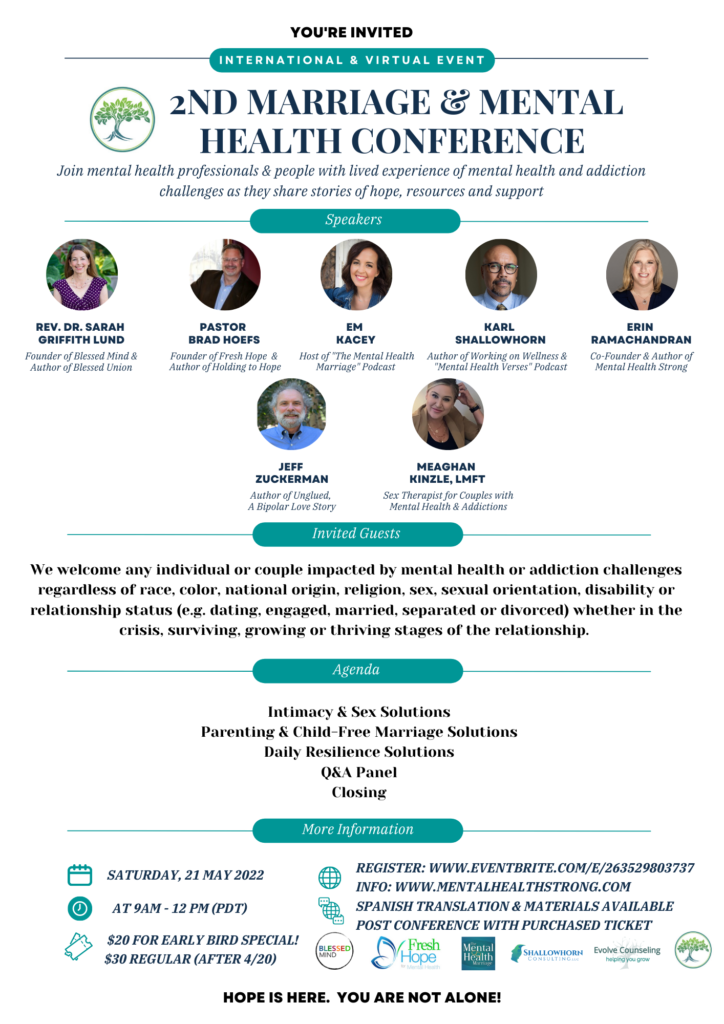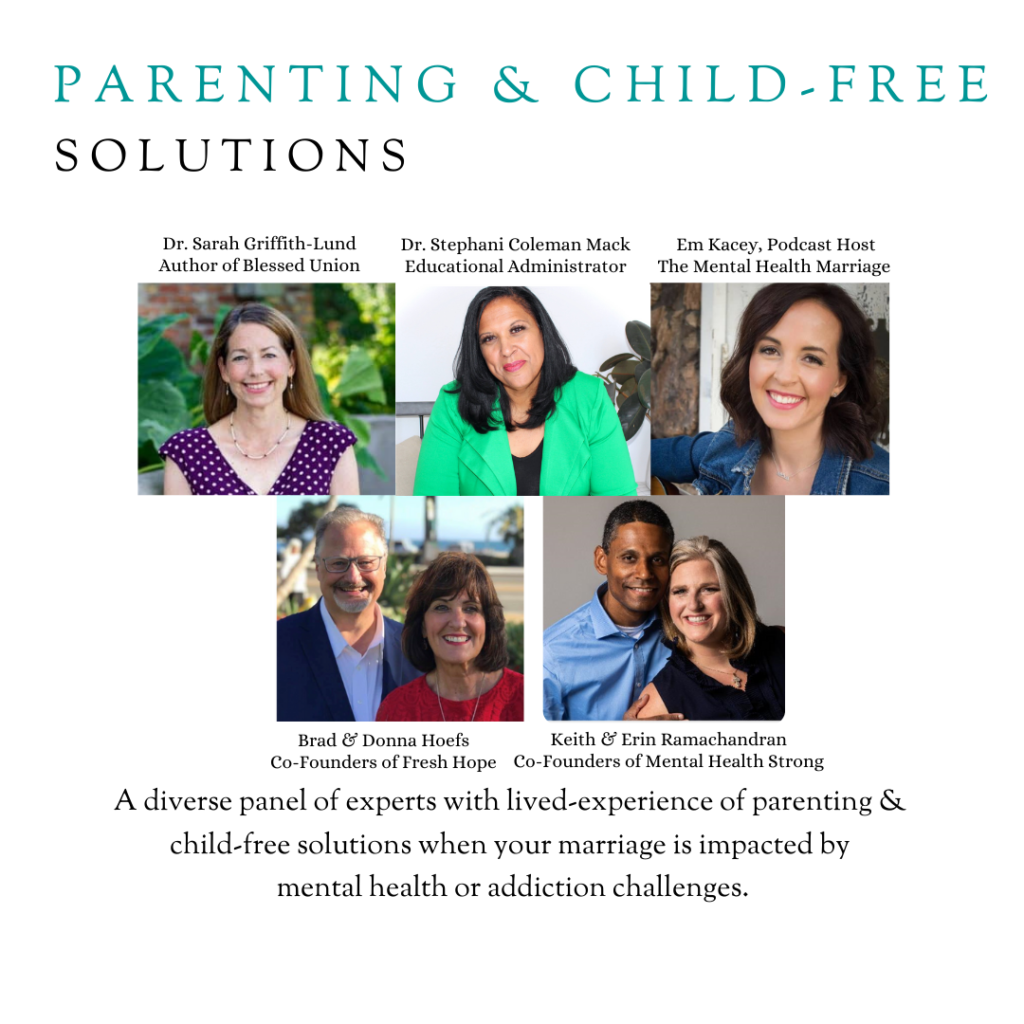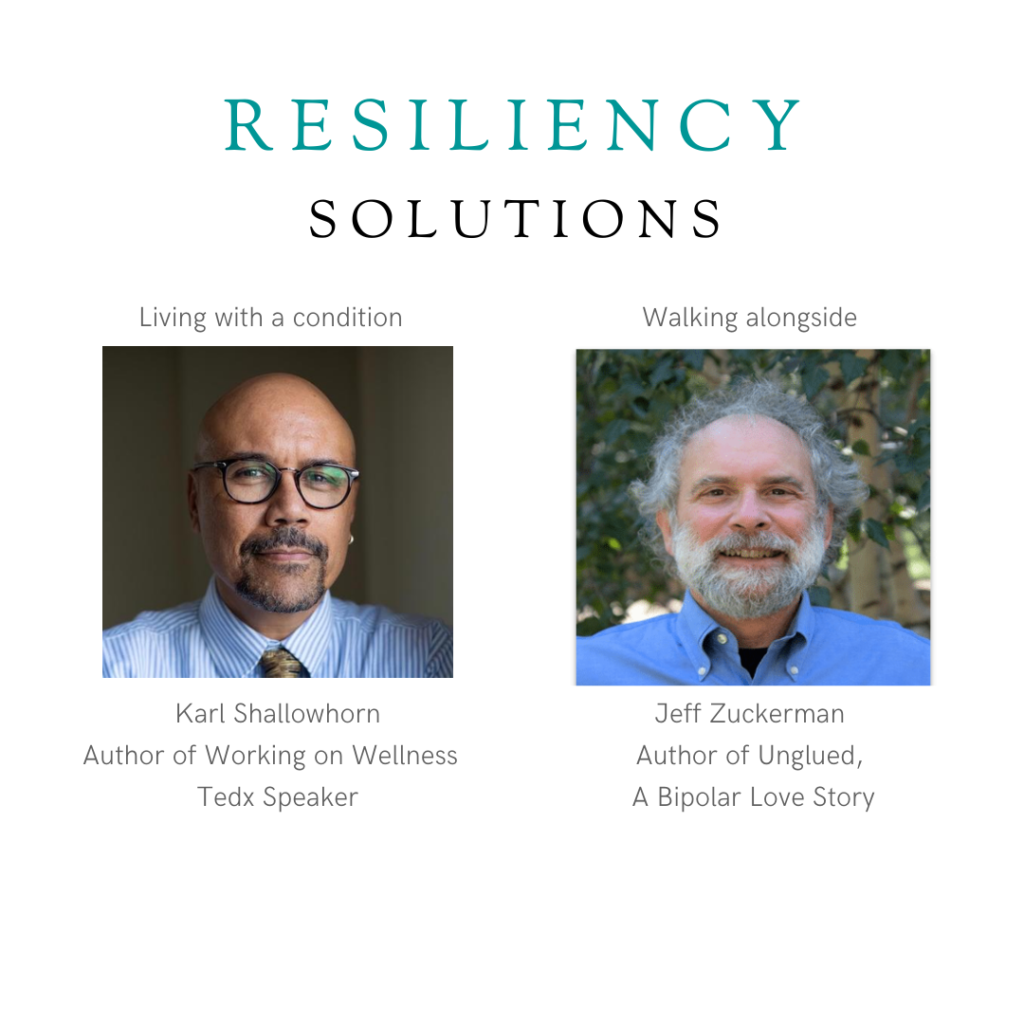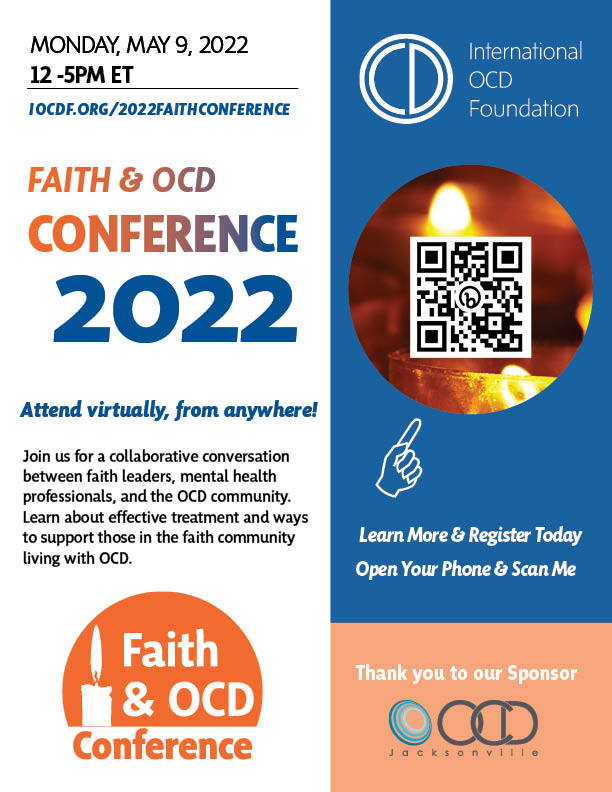Each of the 42 presentations given at our Saturday, April 30, 2022 virtual conference, including the Keynote and conference wrap-up panel, were recorded! They are now all up on our conference website, http://www.ocdconference2022.com , on the “Video Gallery” page and are now available to view! They will be up to view for 60 days – Tuesday, July 5, 2022.
How to view the recorded conference presentations:
–If you have not already registered for our conference and want to purchase a ticket in order to view the recorded presentations:
- Go to: https://ocdsocalconferencerecording2022.eventbrite.com/
- Click on the green “Tickets” button and specify the number of tickets you would like to purchase.
- Additionally, there is a place where you can also add a donation towards OCD SoCal, which is a non-profit and relies on donations in-order to offer OCD related programing.
- After purchasing a ticket, you will automatically receive an email from Eventbrite. Scroll down to the bottom of the email and it will provide you with detailed instructions on how to log in and view the conference recordings on our “Video Gallery” page.
- Please email us with any questions or difficulties logging in to the conference platform: info@ocdsocal.org
- You can register to view the entire recorded virtual conference up until Tuesday, July 5, 2022, the last day the “Video Gallery” is open!
We hope everyone registers so you are able to view the full, incredible presentations that were offered at our recent virtual conference! We will keep registration open until the day the “Video Gallery” closes, which is 60 days after the conference ended – Tuesday, July 5, 2022.
